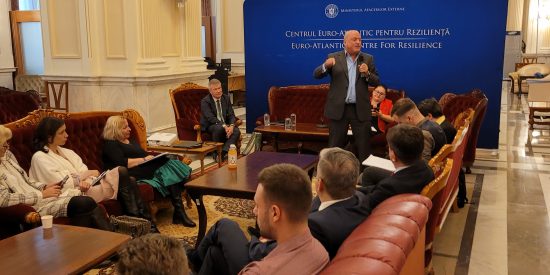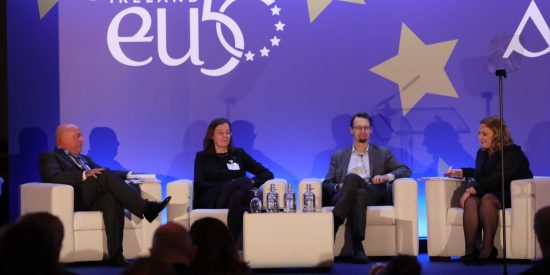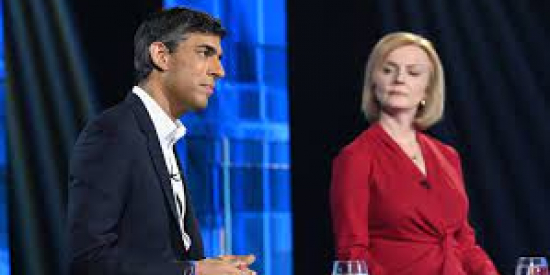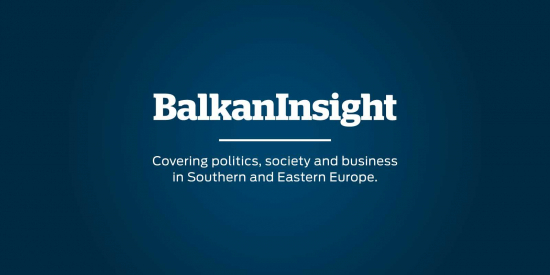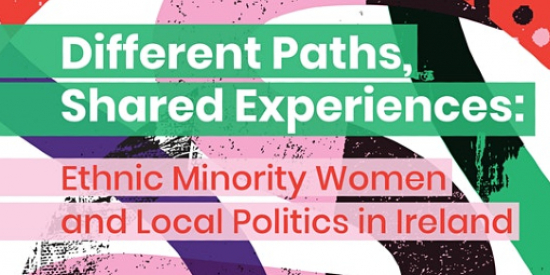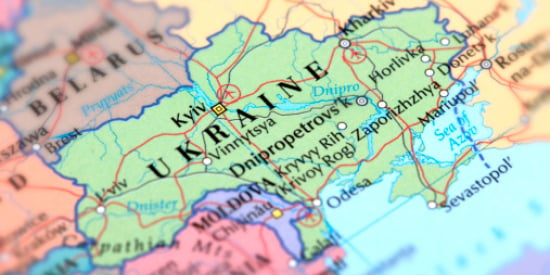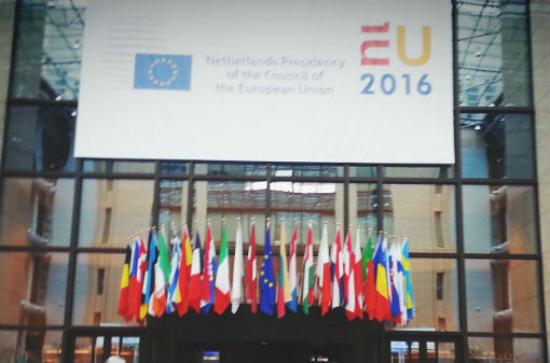
The Trans European Policy Studies Association, TEPSA organized a five-day seminar on EU Asylum and Migration policies in Brussels on 4-8 April 2016. The seminar was part of the PONT- Professional Training on European Affairs project connecting young researchers and practitioners, and offered first-hand insights into the political dynamics shaping EU asylum and migration policies and the EU’s response to the recent migratory crisis. TEPSA selected 20 participants from different national and disciplinary backgrounds. Included amongst these was Aideen Elliott, attached to the Maynooth Centre for European and Eurasian Studies. Below is her report from the event.

The seminar started with a discussion on the latest state of play on the refugee crisis with Professor Jaap de Zwaan, Secretary General of TEPSA and Emeritus Professor of European Union Law at Erasmus University Rotterdam.
Throughout the week we visited and met with the Council of the European Union for a stimulating talk by the Director for Home Affairs, the European Parliament where we met MEP Elly Schlein, the Permanent Representation of Austria to the EU for a roundtable with Head of Department Prof. Fischer, European Commission DG Home and FRONTEX – European border management agency. This gave us the opportunity to discuss migration from the perspective of these EU bodies and their assessment of recent EU activities and positions on migration. We had the opportunity to analyse this with experts from influential Brussels-based NGOs and think-tanks; the European Council on Refugees and Exiles (ECRE) and the Centre for European Policy Studies (CEPS).
The seminar gave us insights into the internal workings of the arms of the EU, the challenges and priorities when it comes to migration.
Key topics and points of debate that emerged included the EU Turkey Statement, the proposed European Border Coast Guard and cooperation between MS.
A number of speakers were in favour of the EU Turkey deal however the participants centred discussion on the legality of the deal, and particularly on its potential threat to international protection standards and whether we are witnessing not refugee crisis, but a legality crisis. There was also debate on the extent to which Turkey can be considered a ‘safe Third Country’.
The proposed ‘European Border Coast Guard’ was a key topic with the FRONTEX representative outlining how this would expand the competencies of the agency. Many of the participants raised concerns about the migration hotspots, particularly how they are operating as detention centres, and ECRE gave some context to the dubious legal basis for the hotspots. On the question of migration policy there was agreement that the Dublin regulation was not fit for purpose but differing views on whether it required a complete overhaul as MEP Schlein called for, and agreement from most quarters that the EU need to have more legal routes to migration and more legal ways to enter to claim asylum.

We had the opportunity to simulate tackling the lack of cooperation and agreement between MS when on the last day we participated in simulated European Council negotiations. Each of us delivered an opening speech for the country we had been assigned, and following three hours of negotiations (and plenty of behind the scenes alliance building) we reached agreement on conclusions. Professor Michael Kaeding (University of Duisburg-Essen) and Professor Jaap de Zwaan met with each of us to give individual feedback on our negotiations during the simulation and on our position papers.


